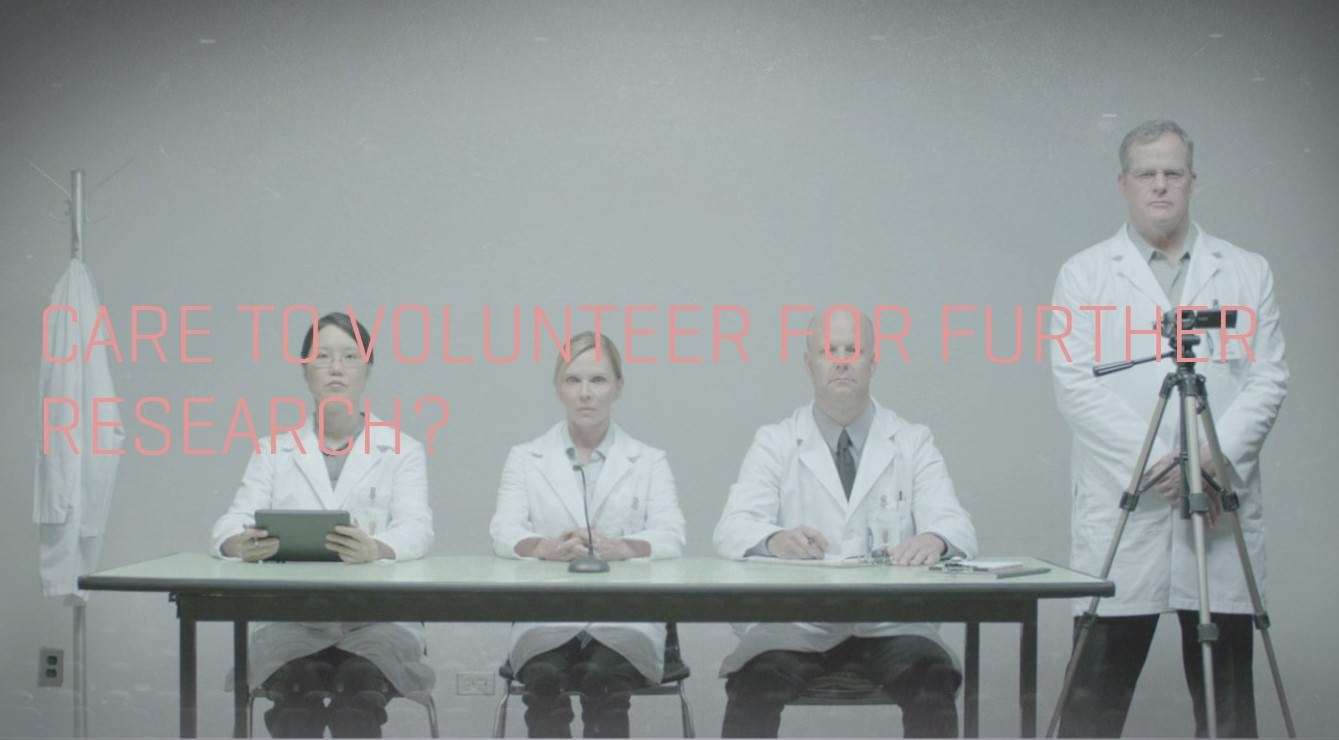This Might Be Your Brain on Drugs: Colorado's Softer Anti-Pot Propaganda Is Still Propaganda

This week Colorado rolled out an ad campaign that warns teenagers away from marijuana by citing the possibility of lasting neurological damage. In my latest Forbes column, I argue that the ads, while more restrained than the anti-pot propaganda of yore, still misrepresent what is known about the drug's hazards in important ways. Here is how the piece starts:
This week the Colorado Department of Public Health and Environment unveiled a new ad campaign aimed at scaring teenagers away from marijuana by warning them that it might damage their brains. Then again, it might not. Larry Wolk, the health department's executive director, concedes "more research is necessary" because "much still needs to be learned about the effect marijuana has on the brain." As the campaign itself intermittently acknowledges, claims that marijuana causes lasting neurological impairment remain controversial. But why take a chance? That is the state's message in a nutshell. Hence the slogan: "Don't be a lab rat."
As anti-drug propaganda goes, Colorado's campaign, which was prompted by fears that teenagers will be more inclined to smoke pot now that it's legal for adults (fears that so far seem to be unfounded), is relatively subtle. In one TV spot, the camera circles a dark, smoky car full of teenagers passing a pot pipe. The captions read: "Scientists at Duke University discovered that marijuana permanently decreased the IQs of teens. Some dispute that study. But what if, years from now, you learn those scientists were right?"
Colorado's approach is certainly a step up from the 1987 Partnership for a Drug-Free America ad that featured a man dropping an egg into a sizzling frying pan. "This is your brain on drugs," he declared. "Any questions?" It turned out that people had a lot of questions. Among them: Why did anyone think this kind of absurd hyperbole, which has been widely mocked ever since, would dissuade curious adolescents from trying drugs?
By comparison, Colorado's message is restrained: This might be your brain on drugs. The campaign nevertheless exaggerates the strength of the evidence linking adolescent pot smoking to brain damage as well as the level of risk facing the typical adolescent pot smoker.


Show Comments (22)